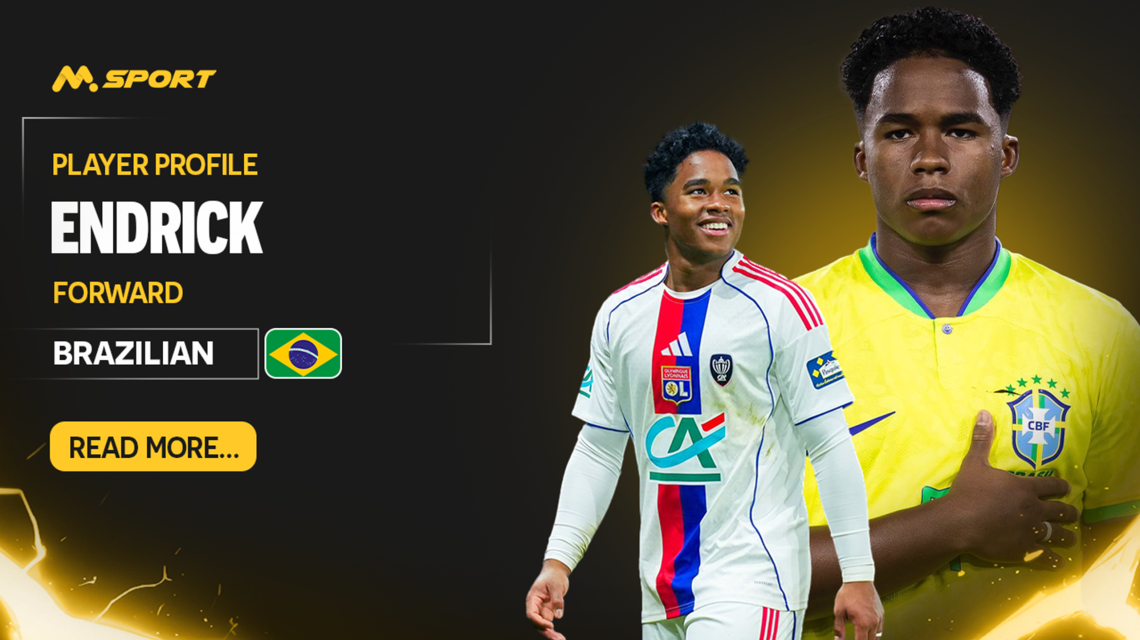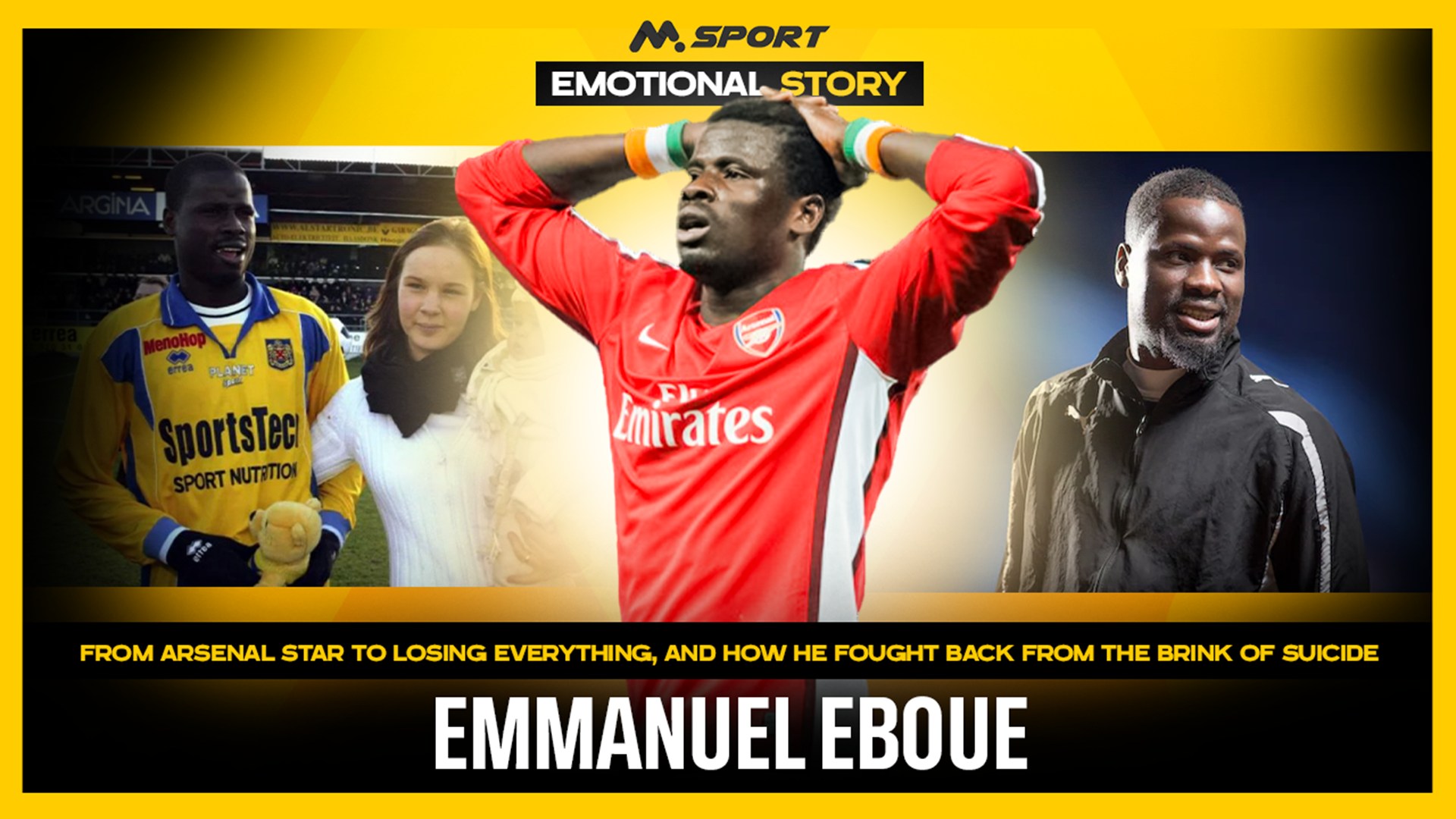“He was a phenomenon, a once-in-a-lifetime player who reinvented what it meant to be a striker.” — Zinedine Zidane.
Picture this: A skinny Brazilian kid, barefoot and beaming, zig-zagging past defenders on the dusty pitches of Bento Ribeiro, a working-class suburb in Rio de Janeiro. His name? Ronaldo Luís Nazário de Lima. A name destined to echo through football’s history books. But back then, he was just a boy who sold soft drinks on the streets to help his struggling family. Who knew that this soft-drink seller would eventually become a nightmare for defenders and change how the No. 9 role was defined forever?
The Prodigy’s Beginning
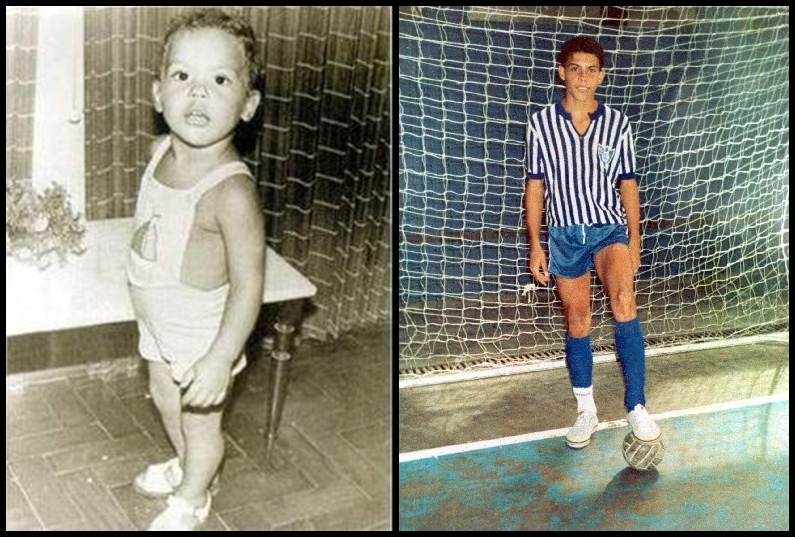
Every great story starts with a twist of fate. For Ronaldo, it came when his futsal coach whispered to his teammates, “Pass it to him and just... watch.” Ronaldo’s unmatched footwork on a court barely bigger than your living room was like a foreshadowing of his greatness. At 13, he scored 166 goals in one season for his youth team. No, that’s not a typo. The kid didn’t just play; he humiliated goalkeepers, embarrassed defenders, and probably sent a few dads into early retirement.
When Ronaldo was scouted by Cruzeiro at 16, he exploded onto the scene like a firework at midnight. His debut season? A cool 44 goals in 47 games. It wasn’t just the numbers; it was how he scored. He was fast, but not just sprinter-fast. He was powerful but with the elegance of a ballet dancer.
The European Dream
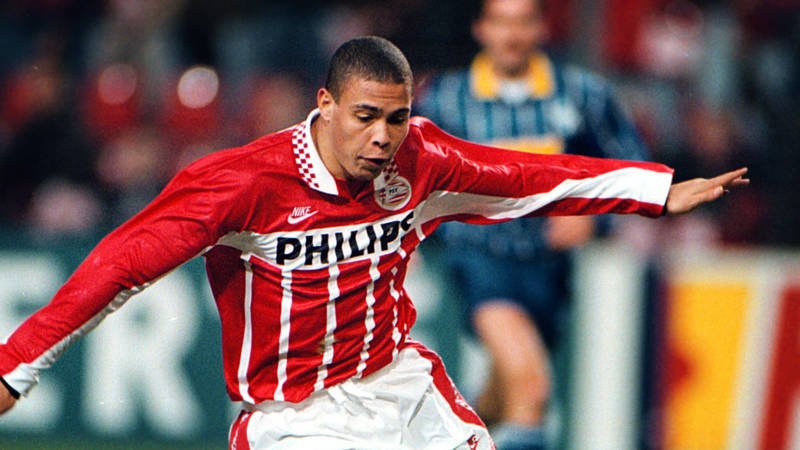
At 17, Ronaldo left Brazil for PSV Eindhoven, and Europe quickly realized they had no idea what was coming. Imagine unleashing a Formula 1 car on a highway filled with station wagons. That's what it was like watching Ronaldo destroy the Eredivisie. His pace was absurd, his finishing lethal, and his dribbling? Forget about it. He didn’t just beat defenders; he made them question their career choices.
By the time he moved to Barcelona in 1996, football fans were convinced he wasn’t human. He scored 47 goals in 49 games that season, including one iconic run against Compostela. If you haven’t seen it, stop reading and look it up. Go on, I’ll wait. You’ll see Ronaldo pick up the ball in his own half, dribble past four defenders like they were auditioning for a slapstick comedy, and score. Even his coach at the time, Sir Bobby Robson, said, “I don’t even have words for him anymore. He’s from another planet.”
Redefining the Striker
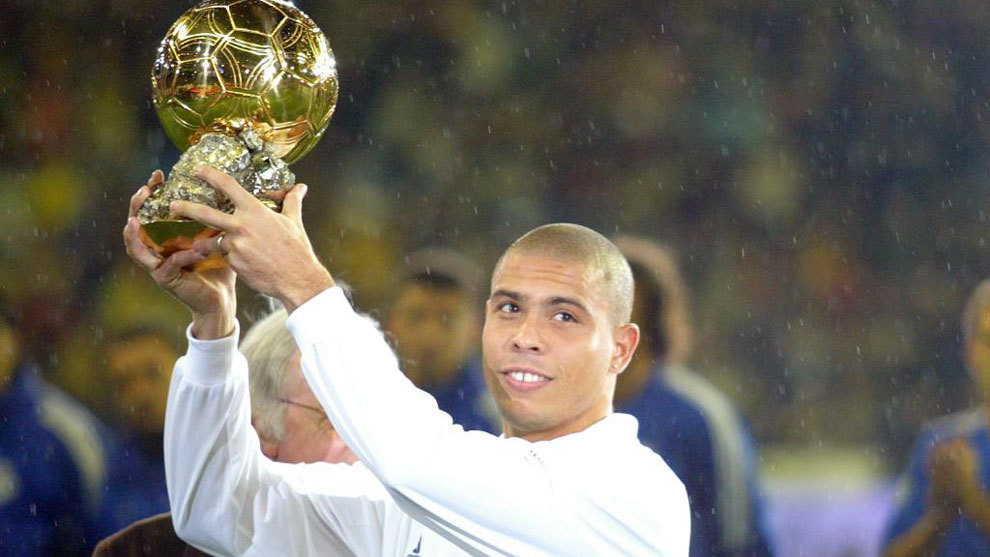
The Smile That Stole Hearts
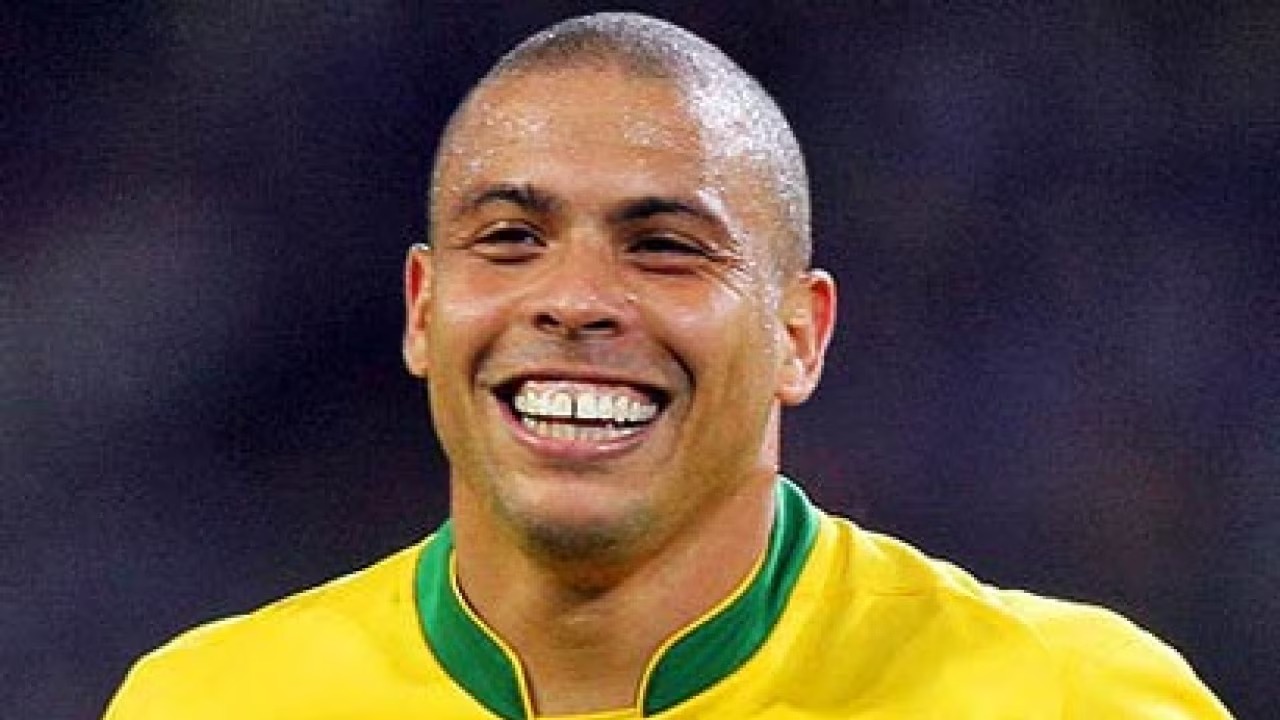
Legacy of a Phenomenon
Today, when we talk about modern strikers like Kylian Mbappé, Erling Haaland, or even Harry Kane, they all owe a debt to the Ronaldo. He didn’t just redefine the role; he set the gold standard. He showed that a striker could be a playmaker, a sprinter, and an entertainer all in one.
As former teammate Fabio Cannavaro said, “Defenders don’t sleep the night before facing Ronaldo. And when they do sleep, they dream of him. Or rather, their nightmares are him.”
The Kid Who Dreamed Big
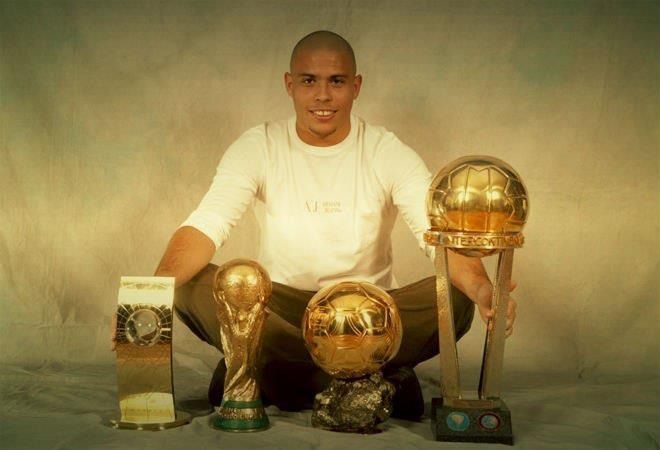
From the dusty streets of Bento Ribeiro to the brightest stages of world football, Ronaldo’s story is one of relentless talent, unbreakable will, and pure joy. He wasn’t just a footballer; he was a spectacle. A one-man highlight reel. A reminder that, sometimes, the beautiful game can be breathtakingly magical.
And so, when we talk about the rise of Ronaldo, we’re not just talking about goals or trophies. We’re talking about a kid who dared to dream, dared to sprint, and dared to change football forever. A phenomenon in every sense of the word.

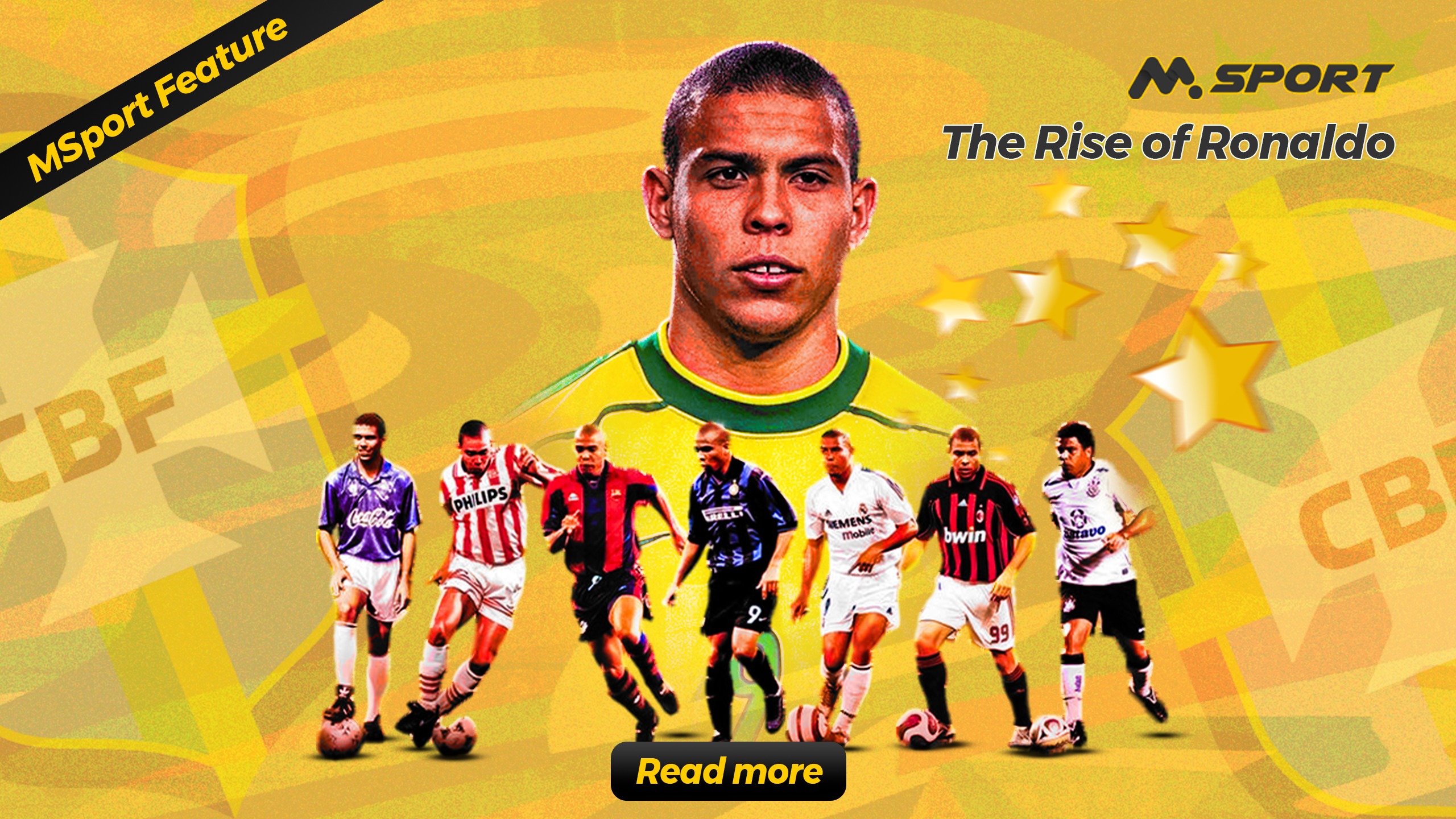
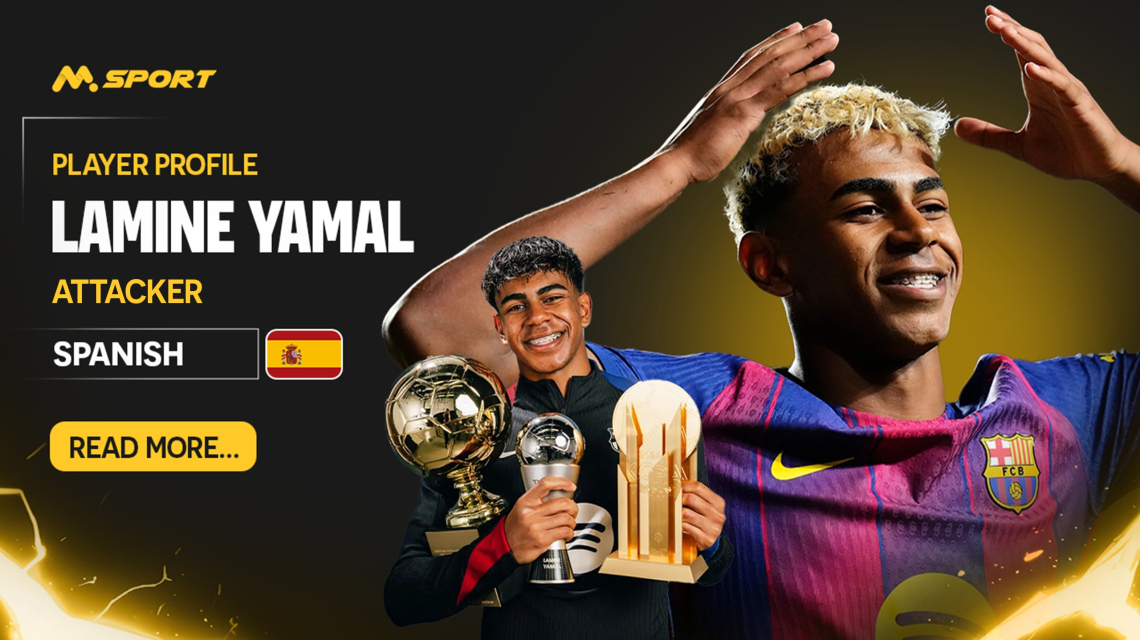
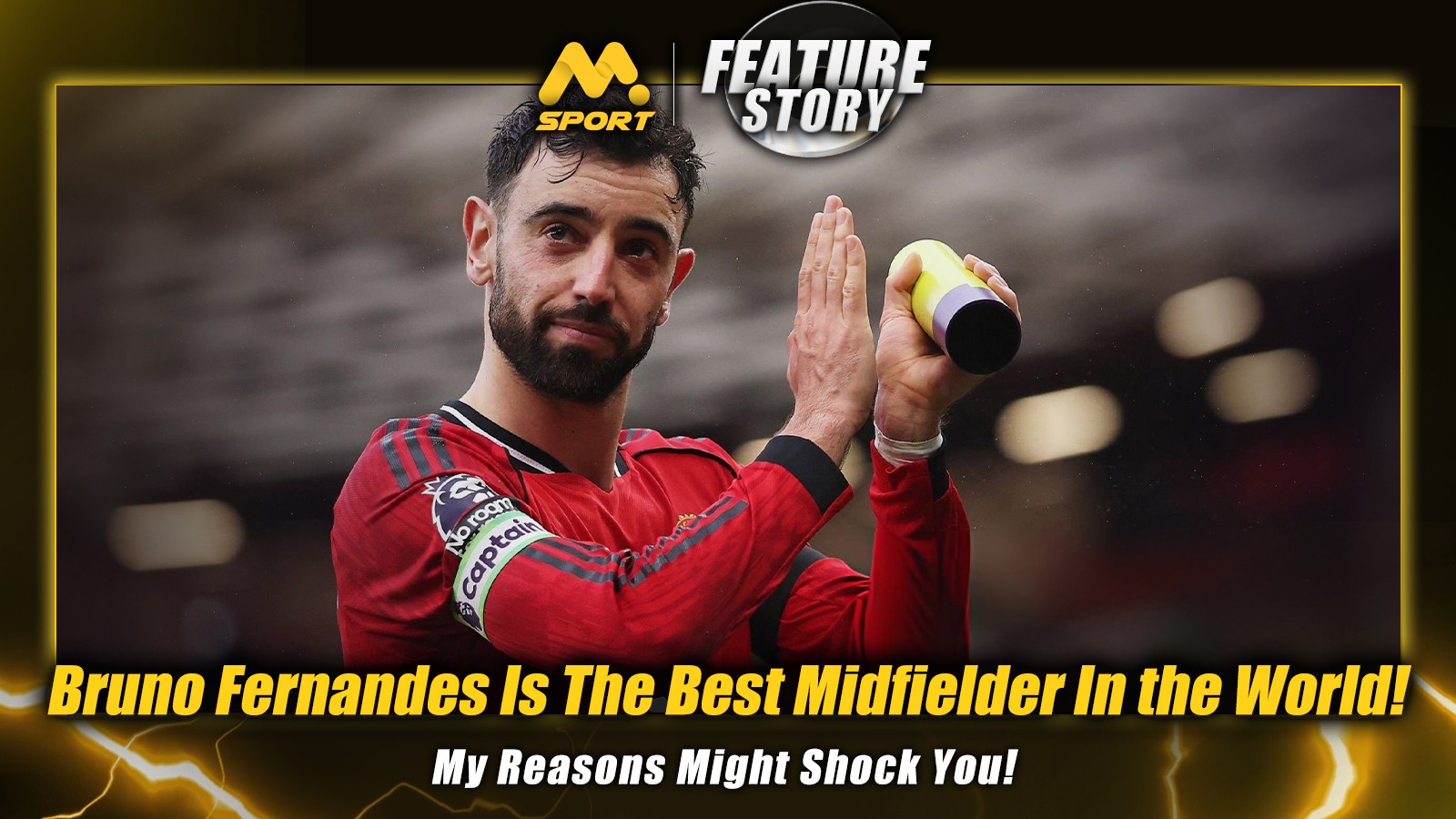

![Loved by Their Own, Hated Everywhere Else: Football's Top 10 Villains [Ranked]](/images/2021/Msport%20FS%20Villains.jpg)
